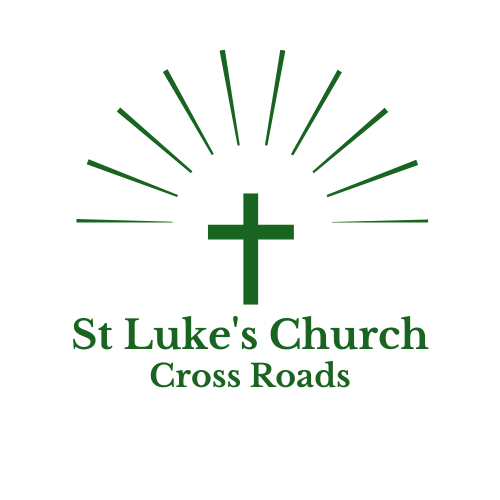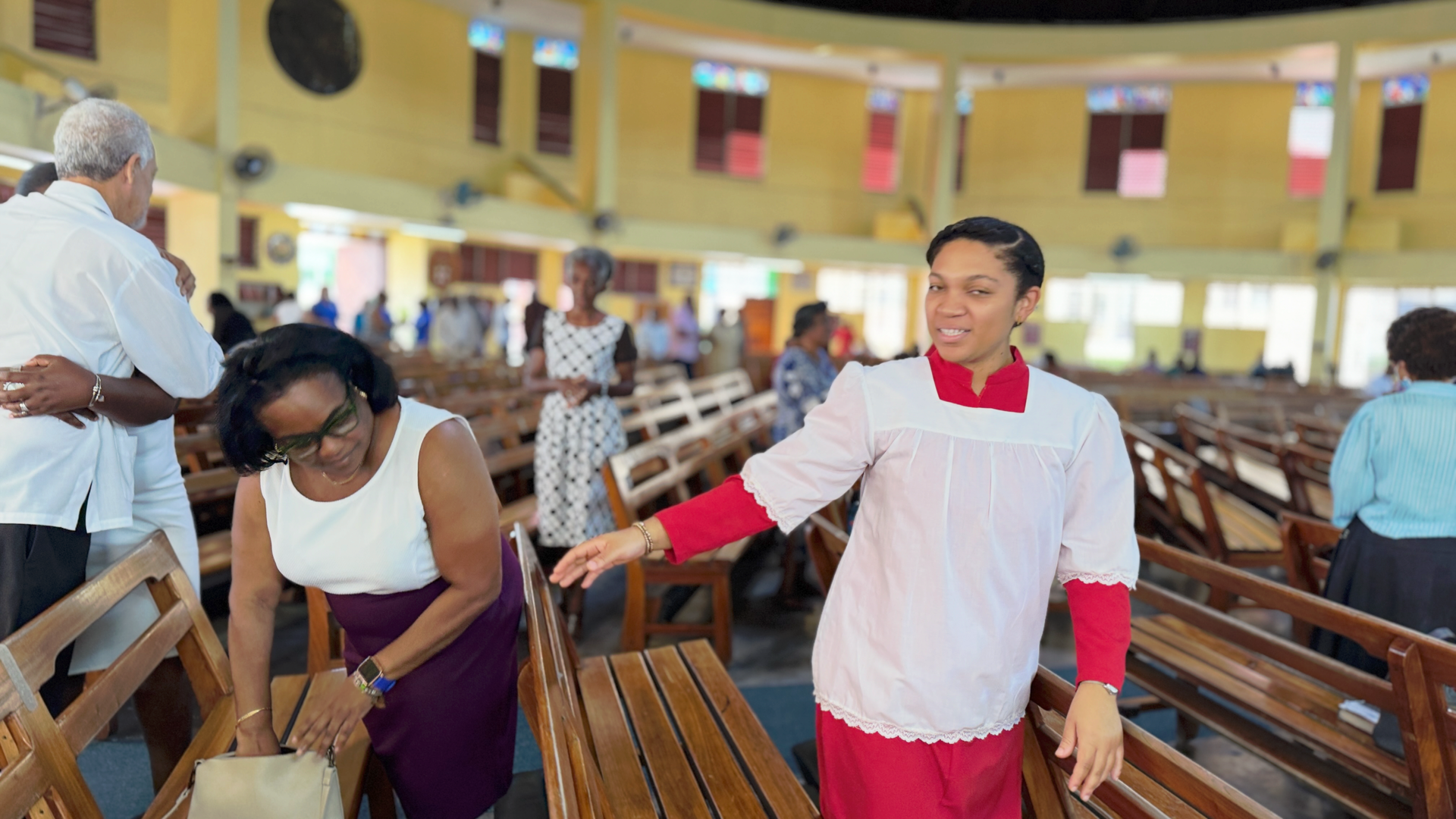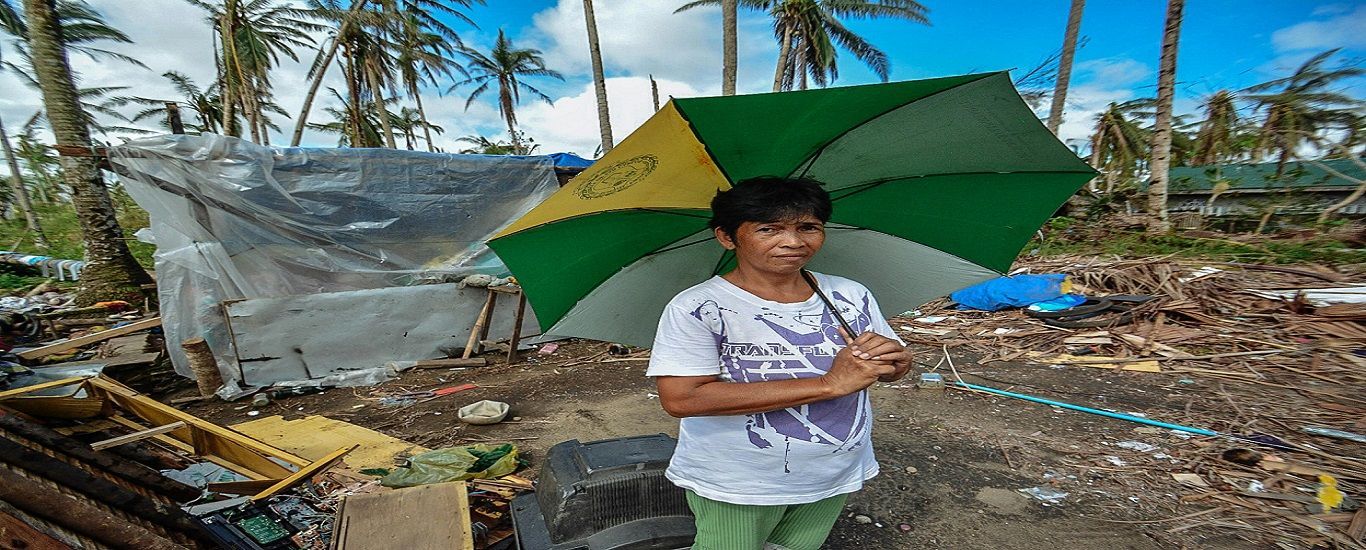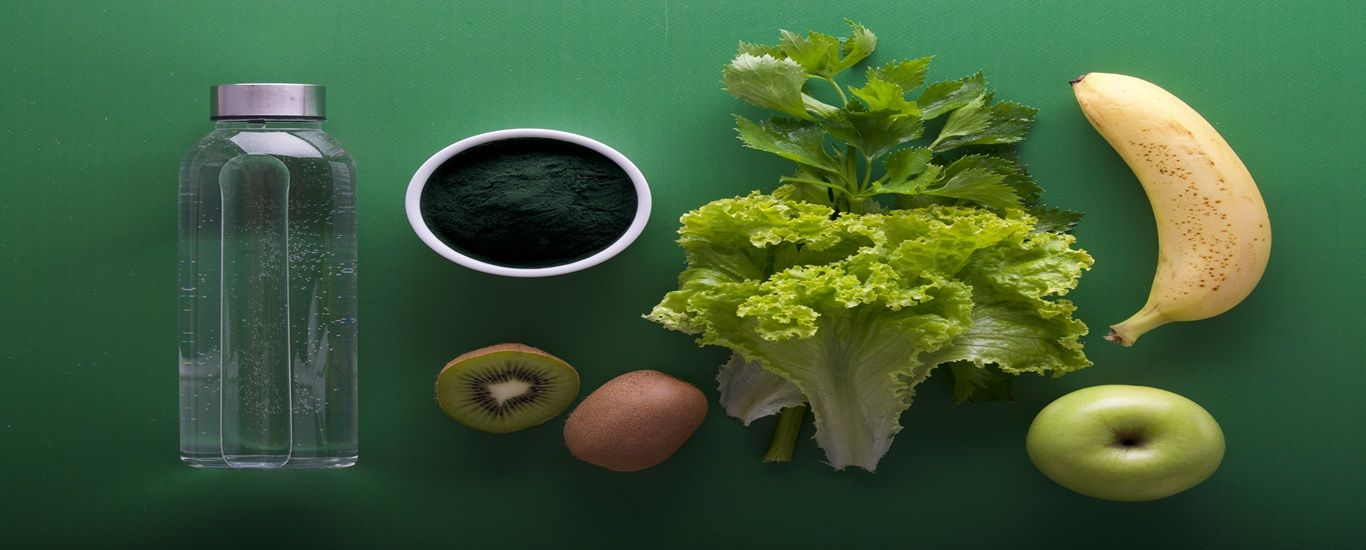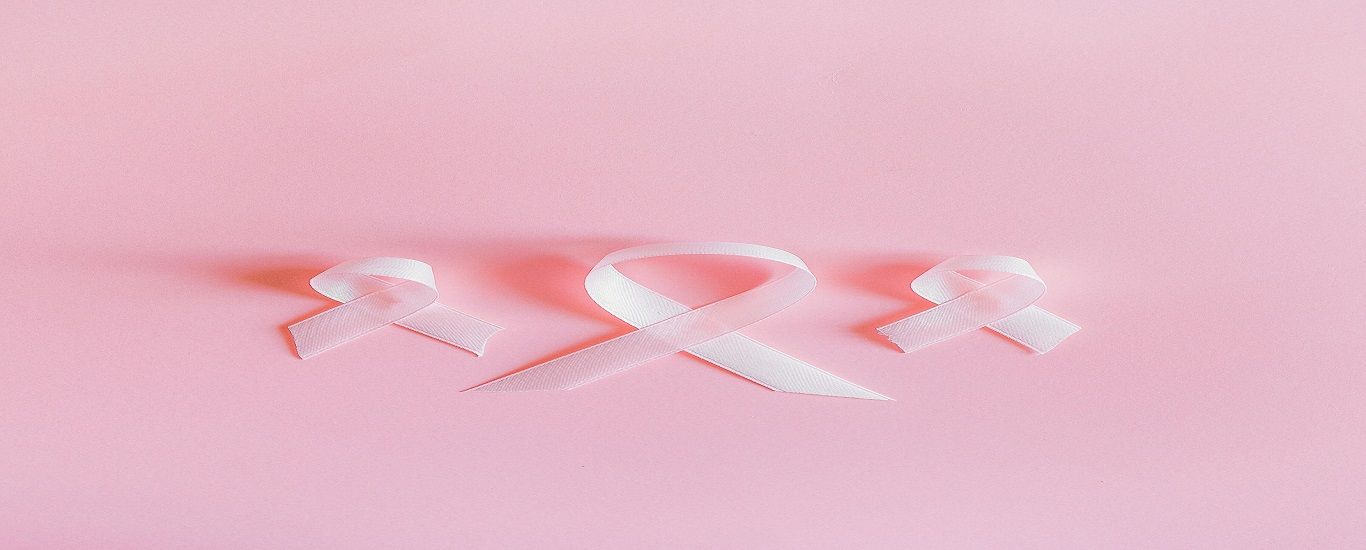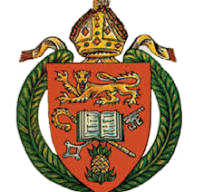Heal Our World, Heal Ourselves
My Brothers & Sisters
We observe Health Month against the background that our world requires healing more than at any other time in our history, based on the impact of climate change, the continued increase in crime and violence worldwide, global tension, mental illness, and the increase in non-communicable diseases. According to Howard Clinebell, “For the first time, one species - our species - has acquired the industrial power and chemical capability to damage the Earth’s remarkable self-healing systems beyond repair. In religious terms, our generation is the first to literally hold in our hands the future health of God’s living creation.”
He goes on to state that “the environmental crisis will not be healed until you and I, and countless other people of goodwill, learn to translate into action our love of our incredibly beautiful but terribly vulnerable planet.” As Christians, we must take responsibility to heal the world, conscious that God made humankind deeply interconnected with the environment. From a theological and biblical perspective, we cannot have shalom or well-being until all have well-being in all facets of life. Let us therefore demonstrate “reverence for the earth as [God’s] own creation, that we may use its resources rightly in the service of others and to [God’s] honour and glory.” (Form H, CPWI, p. 120).
I want to remind us of the following tips from WHO that will enable us to experience “health and wellness.”
1. Eat a healthy diet. Eat a combination of different foods, including fruit, vegetables, legumes, nuts and whole grains. Adults should eat at least five portions (400g) of fruit and vegetables per day.
2. Consume less salt and sugar. Reduce your salt intake to 5g per day, equivalent to about one teaspoon. It’s easier to do this by limiting the amount of salt, soy sauce, fish sauce and other high-sodium condiments when preparing meals; removing salt, seasonings and condiments from your meal table; avoiding salty snacks; and choosing low-sodium products.
3. Reduce intake of harmful fats. Fats consumed should be less than 30% of your total energy intake. This will help prevent unhealthy weight gain and NCDs.
4. Don’t smoke. Smoking tobacco causes NCDs such as lung disease, heart disease and stroke. Tobacco kills not only the direct smokers but even non-smokers through second-hand exposure.
5. Be active. Physical activity is defined as any bodily movement produced by skeletal muscles that requires energy expenditure.
6. Check your blood pressure regularly. If your blood pressure is high, consult a healthcare professional. This is vital in the prevention and control of hypertension.
7. Follow traffic laws. Road crashes claim over one million lives around the world and millions more are injured.
8. Take antibiotics only as prescribed. Antibiotic resistance is one of the biggest public health threats in our generation. When antibiotics lose their power, bacterial infections become harder to treat, leading to higher medical costs, prolonged hospital stays, and increased mortality.
9. Clean your hands properly. Hand hygiene is critical not only for health workers but for everyone. Clean hands can prevent the spread of infectious illnesses. You should handwash using soap and water when your hands are visibly soiled or hand-rub using an alcohol-based product.
10. Have regular check-ups. Regular check-ups can help find health problems before they start.
I invite us to pray for all healthcare professionals and caregivers.
Have a blessed week and keep healthy.
Yours in Christ,
Patrick+
